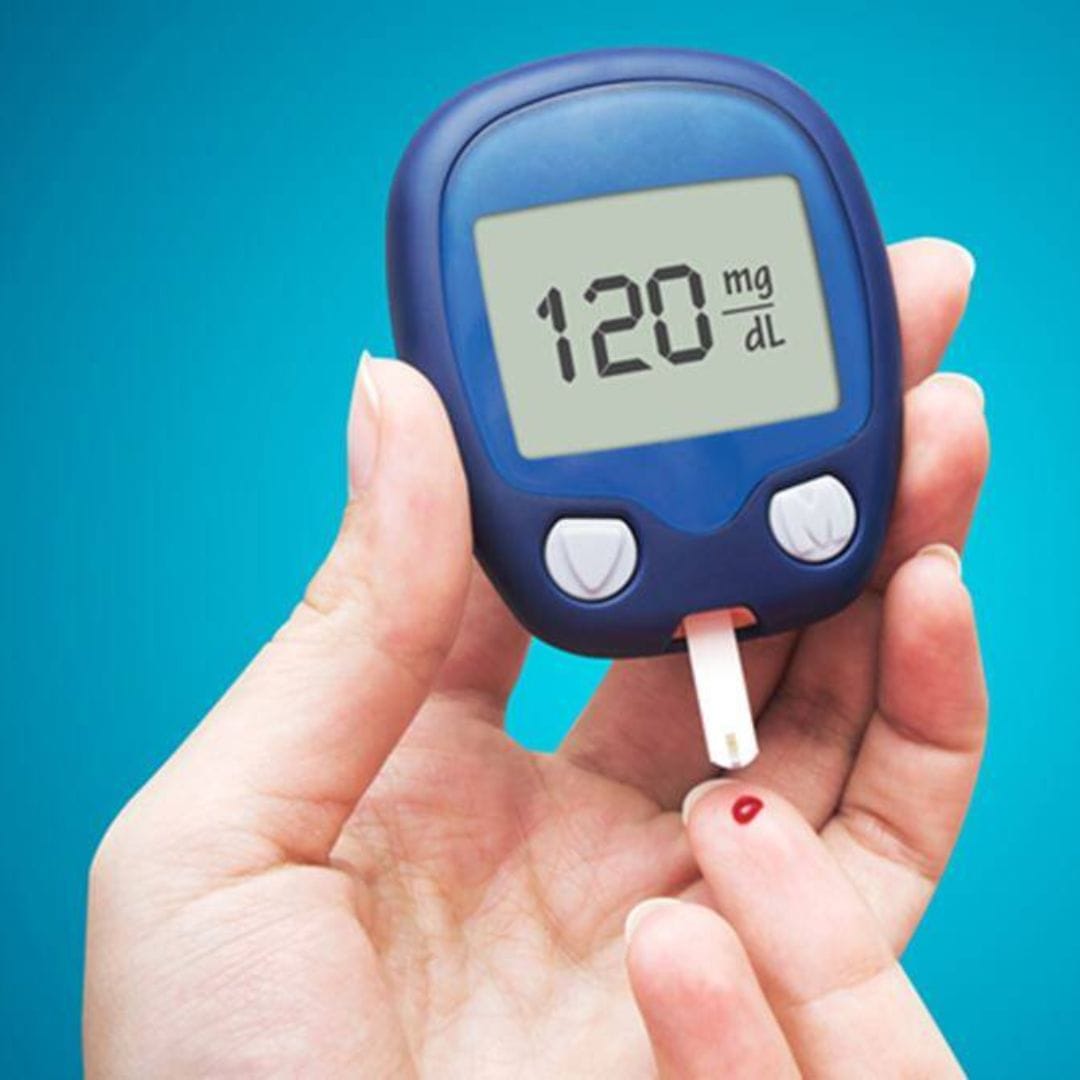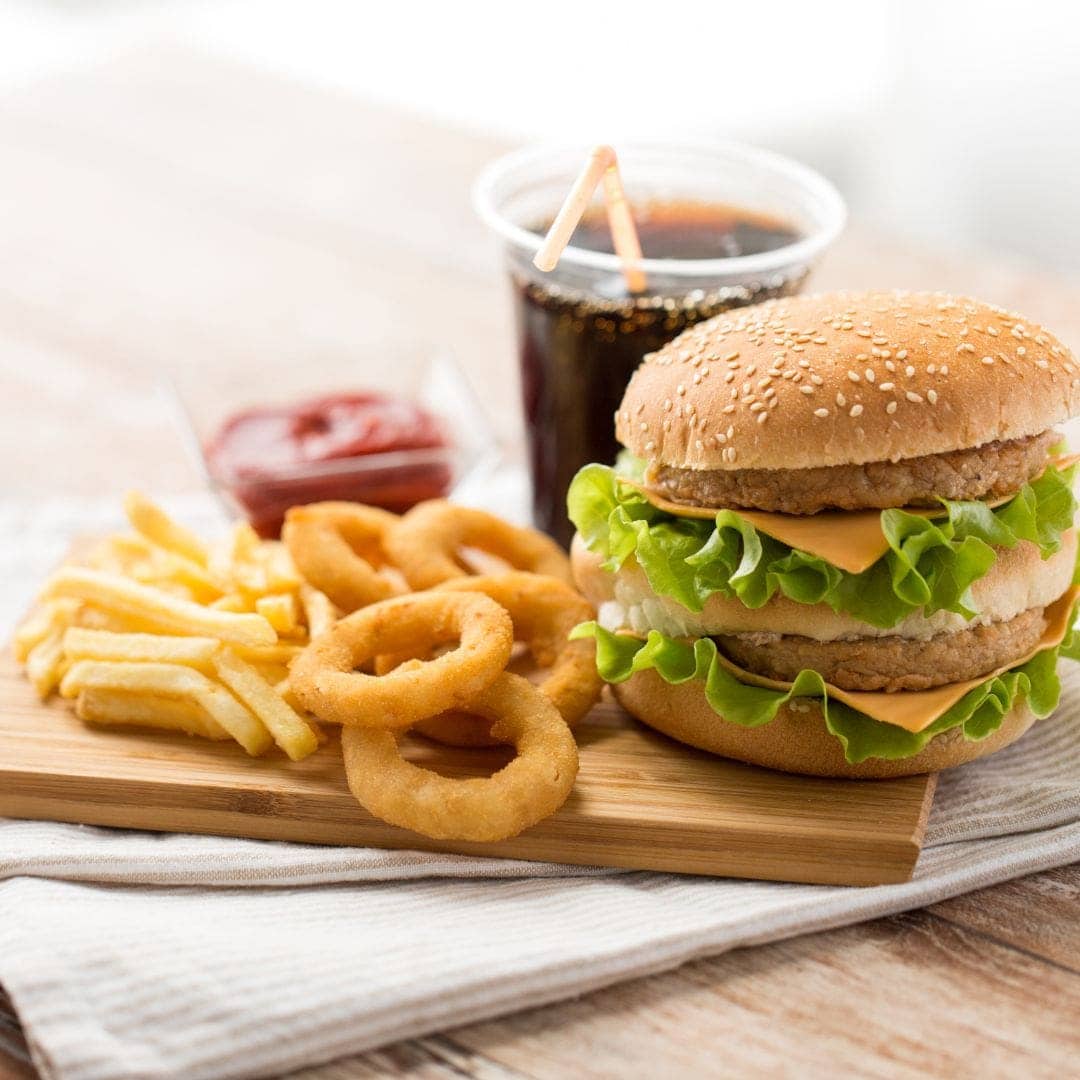Alright, ladies! Insulin resistance – a condition where our body’s cells become less responsive to insulin – can bring a whole bunch of challenges to the table.
Maintaining balanced blood sugar levels is crucial for overall health, especially for women over 40. You can almost assume once you hit your 40s you going to experience insulin resistance. Here’s how you can make smart carbohydrate choices without resorting to extreme diets.

Understanding Insulin Spikes and Resistance
When you eat carbohydrates, they break down into glucose (sugar) in your bloodstream. This can cause significant spikes in your blood sugar levels, prompting a rapid release of insulin. Over time, frequent spikes can lead to insulin resistance, where your body needs more insulin to manage blood sugar levels, potentially resulting in fat storage, particularly around the midsection.
Quality Over Quantity: Choosing the Right Carbs
While some diets advocate extremely low carbohydrate intake, this approach can be unsustainable and may lead to muscle mass loss. Instead, focus on controlling the type and amount of carbohydrates you consume
- Avoid Refined Carbohydrates
Refined carbohydrates are processed foods that have been stripped of their natural fiber, vitamins, and minerals. These carbs are quickly digested and absorbed into the bloodstream, causing rapid spikes in blood sugar and insulin levels. For example, white bread and pastries made from white flour lack the fiber and nutrients found in whole grains, making them poor choices for those managing insulin resistance. Instead, opt for whole grain or whole wheat alternatives, which are digested more slowly and provide a steadier release of energy.

- Limit Refined Sugar Intake
Refined sugar is another major factor that can exacerbate insulin resistance. Consuming high amounts of sugar can lead to frequent insulin spikes, which over time can cause your cells to become less responsive to insulin. To limit your sugar intake, start by reading labels carefully. Many processed foods contain hidden sugars, even those that don’t taste sweet. Check ingredient lists for added sugars, which can appear under various names like high fructose corn syrup, cane sugar, and agave nectar. Avoid sugary beverages such as sodas, fruit juices, and energy drinks, as they are often packed with sugar. Reducing sugary foods and drinks can significantly improve your insulin sensitivity.

Healthy Carbohydrate Choices
Opt for complex carbohydrates that are digested more slowly, providing a steady release of energy and helping to maintain balanced blood sugar levels. Here are some healthier options:
- Whole Grains: Brown rice, quinoa, oats, and whole wheat products.
- Fruits and Vegetables: Fresh produce is packed with fiber, vitamins, and minerals.
- Legumes: Beans, lentils, and chickpeas are excellent sources of complex carbs and protein.

By making these simple adjustments to your diet, you can manage insulin resistance effectively. It’s about balance and choosing the right types of foods to fuel your body. Stay fit, stay healthy!